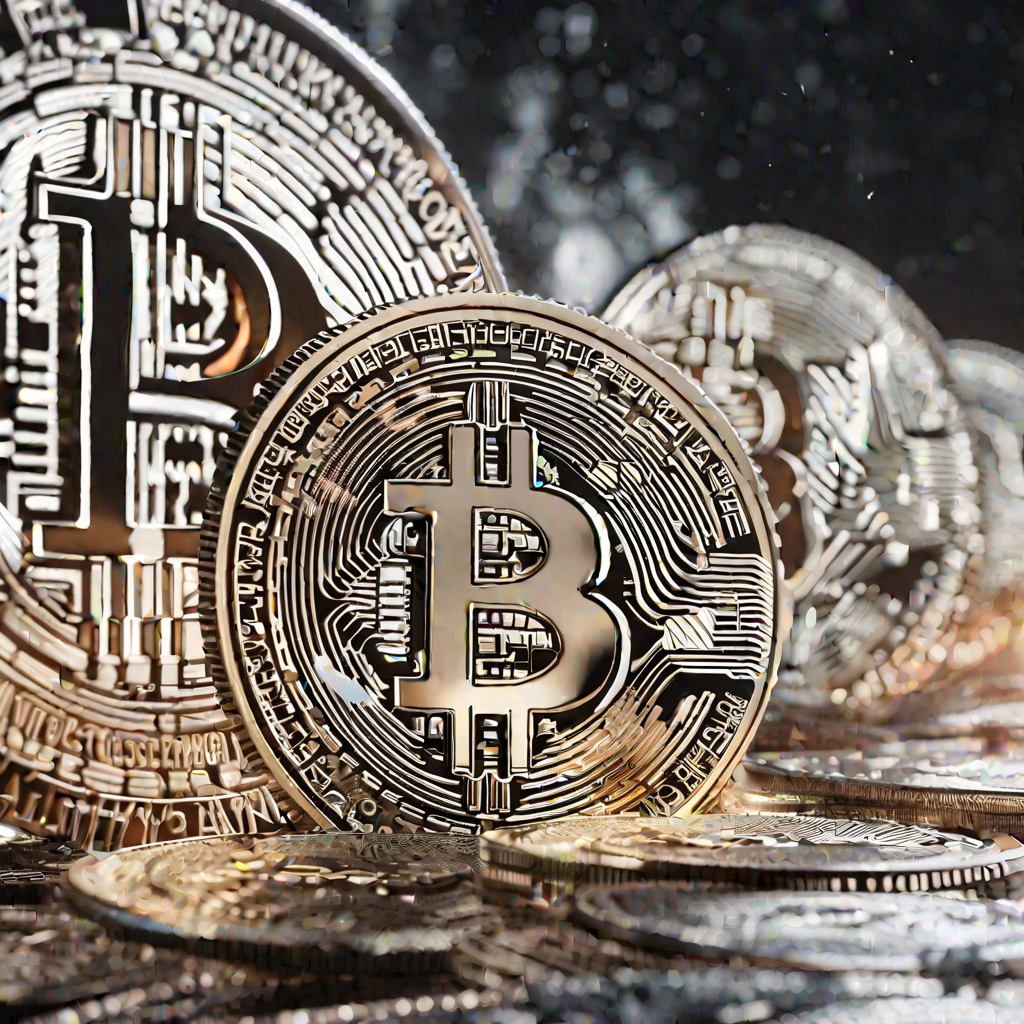Are crypto exchanges regulated in Morocco?
The question of whether crypto exchanges are regulated in Morocco remains a pertinent one, given the recent developments in the country's regulatory framework. While Morocco has taken a cautious stance towards cryptocurrency, with the government issuing warnings against its use and prohibiting transactions, there seems to be a shift in sentiment. Recently, the Moroccan Central Bank announced that a legal draft regulating the country's cryptocurrency market is ready and set to be submitted for discussion. This suggests that Morocco is moving towards establishing a formal regulatory framework for crypto exchanges. However, until the legislation is finalized and implemented, it remains unclear whether crypto exchanges are fully regulated in Morocco. This leaves investors and enthusiasts alike wondering about the legality and security of transacting in cryptocurrencies within the country.

Are Indian crypto exchanges regulated?
When it comes to the question of whether Indian crypto exchanges are regulated, the answer is a bit nuanced. While India's government has not explicitly outlawed cryptocurrency trading, there is still a lack of clear and comprehensive regulation in this space. This means that crypto exchanges operating in India are not subject to strict oversight or regulation, leaving room for potential risks and uncertainties. However, some crypto exchanges in India have voluntarily adopted self-regulatory measures to ensure compliance and protect investors. But overall, the regulatory landscape for crypto exchanges in India remains unclear and evolving, calling for more clarity and consistency from the government.

Is mining cryptocurrencies regulated in the BVI?
As a practitioner in the field of cryptocurrency and finance, I often come across questions related to the regulation of mining activities in various jurisdictions. Specifically, I have been asked to provide a brief description on whether mining cryptocurrencies is regulated in the British Virgin Islands (BVI). Given the ever-evolving nature of cryptocurrency regulations globally, it's crucial to stay updated on the latest developments. In the BVI, the regulatory framework for cryptocurrencies and mining activities is still in its infancy. While there are no specific laws governing cryptocurrency mining, the BVI Financial Services Commission (FSC) has issued guidance on digital assets and initial coin offerings (ICOs), indicating a growing interest in this sector. However, miners in the BVI should be mindful of general business laws and regulations that may apply to their operations. This includes tax laws, anti-money laundering (AML) regulations, and any other relevant legislation that may affect their activities. It's recommended to seek legal advice from a qualified attorney in the BVI to ensure compliance with local laws. In summary, while there are no specific regulations governing cryptocurrency mining in the BVI, miners should be aware of general business laws and regulations that may apply to their operations. Staying informed and compliant with local laws is crucial for miners operating in this jurisdiction.

Why should crypto assets be regulated?
Could you elaborate on the reasons why it is necessary to regulate crypto assets? With the ever-expanding world of cryptocurrencies and blockchain technology, it seems that regulation is a hotly debated topic. What are the key arguments for imposing regulations on these digital assets? Do they pose a threat to financial stability? Are there consumer protection concerns? Or is it simply a matter of ensuring that these new forms of wealth are taxed fairly? I'm interested in understanding the rationale behind the push for regulation in this rapidly evolving industry.

Is the spot bitcoin market regulated?
With the rapidly evolving landscape of cryptocurrency, one question that often arises is: "Is the spot Bitcoin market regulated?" This inquiry touches on the fundamental question of oversight and governance in the decentralized realm of digital assets. The spot bitcoin market, where bitcoins are bought and sold for immediate delivery, operates largely outside of traditional financial regulatory frameworks. While some countries have begun to implement measures to monitor and regulate crypto transactions, the lack of a unified global regulatory framework leaves many aspects of the market unregulated. This uncertainty can raise concerns for investors and market participants alike, who may wonder if their transactions are subject to oversight and whether they are protected from potential risks. The question highlights the need for clarity and consistency in crypto regulation, especially as the industry continues to grow and attract more attention.

